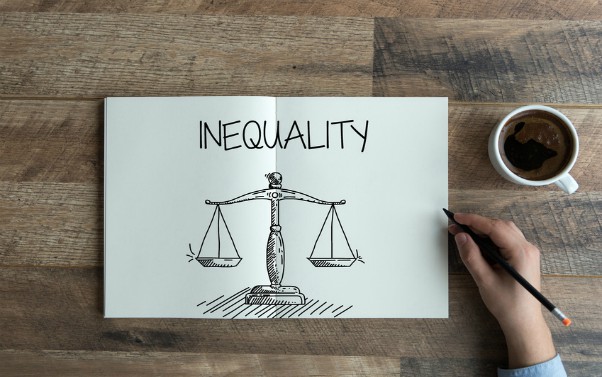
The equality watchdog has launched an inquiry into racial inequalities among the health and social care workforces in response to the unequal impact of Covid-19.
The Equality and Human Rights Commission said its probe would explore how ethnic minority staff’s experience of the pandemic was influenced by their race, including structural factors, immigration status, employment status, including whether this was precarious or insecure, and workplace conditions.
In relation to the latter, it will cover allocation of tasks, whether people felt able to raise concerns and whether these were responded to, employment rights, including eligibility for sick pay, knowledge of rights, access to support and redress, and opportunities for training and progression.
The inquiry will focus on those earning up to £10 an hour, which accounts for over 90% of care workers in the independent sector, according to Skills for Care’s latest report on the state of the workforce (page 89).
‘A life and death issue’
EHRC chief executive Rebecca Hilsenrath said: “The pandemic has exposed racial inequality across the country. We know that ethnic minority groups are over-represented in lower-paid roles and the effect of the pandemic on those working in these jobs in health and social care is a life and death issue.
“We need to understand the structural issues which have left people from a range of ethnic minorities at greater risk. This inquiry will help to answer those questions and make recommendations that can be applied to a number of other working environments where ethnic minorities are over-represented at the lowest paid levels.”
Covid, ethnic minorities and the social care workforce
- Black, Asian and minority ethnic staff are over-representated in adult social care, accounting for 22% of staff in England providing direct care, compared with 14% of the English and Welsh population.
- However, they are under-represented relative to the workforce in management, accounting for 15% of roles (source: Skills for Care, page 10).
- Deaths involving Covid-19 up to 30 June were two and a half times as high among male social care staff than working-age men in general, among those who contracted the virus before the March lockdown, and three times as high among those who likely became infected during lockdown.
- For women, the death rate involving Covid-19 among social care staff was twice as high as the general working population, among those who likely acquired the virus before and during lockdown (source: Office for National Statistics).
- Deaths involving Covid-19 up to 28 July were 2.7 times as high among Black African men, and 2.5 times as high among Black Caribbean men, than white men, and twice as high among Black Caribbean women, and 1.75 times as high among Black African women, than white women. All ethnic minority groups, apart from the Chinese group, had higher death rates involving Covid-19 than the white group (source: Office for National Statistics).


 Bournemouth, Christchurch and Poole
Bournemouth, Christchurch and Poole  Hampshire County Council
Hampshire County Council  Lincolnshire County Council
Lincolnshire County Council  Norfolk County Council
Norfolk County Council  Northamptonshire Children’s Trust
Northamptonshire Children’s Trust  South Gloucestershire Council
South Gloucestershire Council  Wiltshire Council
Wiltshire Council  Wokingham Borough Council
Wokingham Borough Council  Children and young people with SEND are ‘valued and prioritised’ in Wiltshire, find inspectors
Children and young people with SEND are ‘valued and prioritised’ in Wiltshire, find inspectors  How specialist refugee teams benefit young people and social workers
How specialist refugee teams benefit young people and social workers  Podcast: returning to social work after becoming a first-time parent
Podcast: returning to social work after becoming a first-time parent  Podcast: would you work for an inadequate-rated service?
Podcast: would you work for an inadequate-rated service?  Family help: one local authority’s experience of the model
Family help: one local authority’s experience of the model  Workforce Insights – showcasing a selection of the sector’s top recruiters
Workforce Insights – showcasing a selection of the sector’s top recruiters 

 Facebook
Facebook X
X LinkedIn
LinkedIn Instagram
Instagram
Another inquiry looking at the same issues, with probably the same people talking to each other again. It’s so dispiriting.